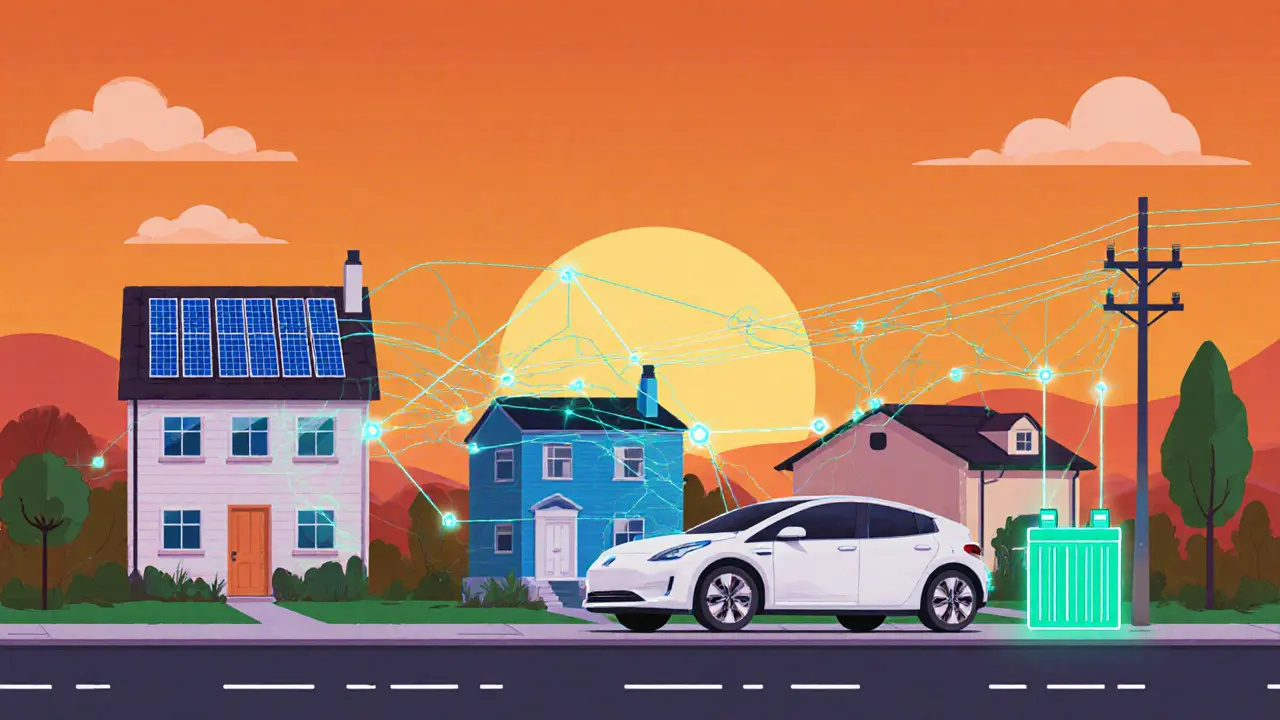Energy Web Foundation: Decentralized Energy Blockchain and Real-World Use Cases
When you think of blockchain, you probably think of Bitcoin or DeFi. But Energy Web Foundation, a nonprofit blockchain platform built specifically for the energy sector. Also known as EWF, it’s one of the few crypto projects actually solving real-world problems like grid inefficiency, renewable energy tracking, and carbon credit fraud. Unlike tokens that exist only in speculative markets, EWF’s technology is used by utilities, solar farms, and grid operators to verify where electricity comes from—and who gets paid for it.
The EWF token, the native currency of the Energy Web Chain, used to pay for network services and verify energy transactions. isn’t traded like a lottery ticket. It’s a functional tool. Think of it like a digital receipt that proves your solar panel produced 5 kWh last Tuesday—and that you were fairly compensated for it. This matters because traditional energy markets are opaque. Utilities often can’t tell if the power you’re buying is from wind, coal, or a shady reseller. EWF fixes that with blockchain-based traceability.
It’s not just about tracking power. The decentralized energy, a system where households and small producers can sell excess power directly to neighbors using smart contracts. model enabled by EWF lets people in rural areas, or even apartment buildings, become micro-grid participants. No middlemen. No long contracts. Just peer-to-peer energy trading, verified on-chain. This isn’t theory—it’s being tested in Europe, the U.S., and Southeast Asia right now.
That’s why the posts you’ll find here aren’t about price charts or hype cycles. They’re about real projects: how a solar co-op in Germany uses EWF to issue tokens for community energy shares, how a utility in India tracks renewable credits across 200 microgrids, or why a startup in Chile built a blockchain-based meter that auto-pays farmers for surplus power. These aren’t crypto experiments. They’re working systems replacing broken infrastructure.
What you’ll see below isn’t a list of random articles. It’s a curated collection of real cases, technical breakdowns, and honest reviews of platforms built on or connected to the Energy Web Foundation. If you care about clean energy, fair markets, or how blockchain can do more than move money—you’ll find something useful here.
Smart Grid Management with Blockchain: How Decentralized Ledgers Are Changing Energy Distribution
Blockchain is transforming smart grid management by enabling secure peer-to-peer energy trading, eliminating double-counting of renewable credits, and improving transparency. Learn how it works, where it shines, and why it won't replace your utility.
Details +